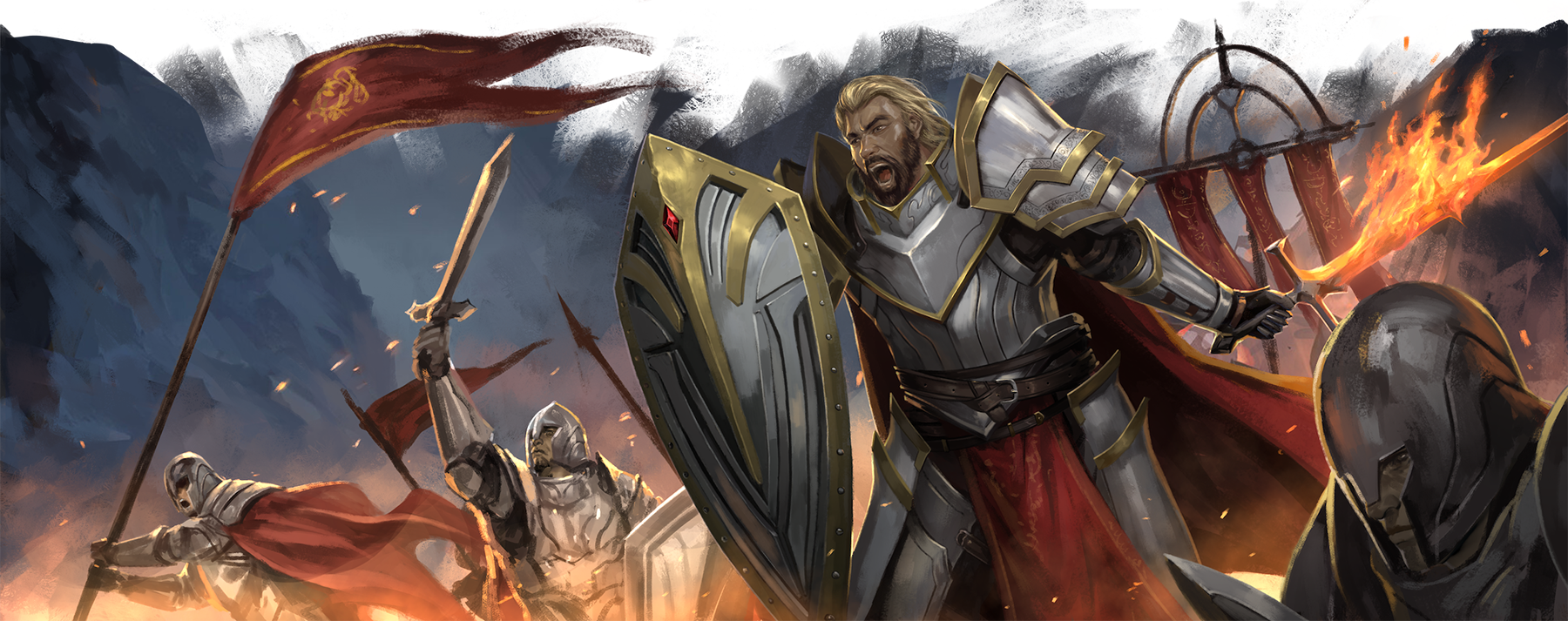Why Do Sikhs Always Have Beards?

 Joe Nightingale, MBBS, MSc
Joe Nightingale, MBBS, MSc

Every culture grows beards. But some cultures take their beard growing to the next level – seeing it not just as a marker of masculinity but as a key religious practice.
Sikh men almost always grow beards and wear turbans. In fact, according to Pew Research, 83% of Sikh men have beards – almost double the rate for Hindus (42%) and Christians (48%), and several points higher than the next most hirsute religion, Islam (64%).
So, what's with the beard obsession? Why do Sikh men grow out their beards? And what are the Sikh beard rules governing this hairy practice?
In this article:
- Why Do Sikh Men Have Beards?
- Sikh Beard Rules – Dos and Don'ts
- What's the Reason for the Turban?
- Can a Sikh Color His Beard?
Why Do Sikh Men Have Beards?

Hold up! Let's quickly detail what Sikhism is to start.
Sikhism is a monotheistic religion founded in the 5th century in the Punjab region of India by Guru Nanak. Ten more gurus followed him until the last guru, Gobind Singh, created the Sikh holy scripture called the Guru Granth Sahib.
Sikhs are told to lead an "active, creative, and practical life," prizing the virtues of equality, service, honesty, and unity of God.
Hair holds immense significance in the Indian religion. The practice of Kesh encourages Sikhs to grow their hair out of respect for the perfection of God's creation. It is one of the Five Kakaars – the commandments or articles of faith that all baptized Sikhs, or Khalsa Sikhs, are obliged to follow.
Not cutting or trimming hair is a demonstration of living in the natural state and accepting the will of God (Hukam). This principle extends beyond just the beard to all body hair.
Sikh Beard Rules – Dos and Don'ts

Such veneration of hair comes from the Guru Gobind Singh, who states that hair is a revered form of the Satguru (the eternal guru), who is the same as god. Practitioners, therefore, aren't just obliged to grow their hair but to look after it. Sikhs should comb their hair twice daily, wash regularly, and avoid publicly touching the hair.
Some other Sikh beard rules include:
Dos
- Embrace Natural Growth: Celebrate the divine design by keeping the beard in its natural, uncut state. This practice reflects living in harmony with God's will, showcasing respect for the divine creation.
- Uphold Cleanliness and Hygiene: Regular washing and grooming of the beard are essential. This not only maintains personal hygiene but also respects the body as a gift from God. Using a Kangha, a traditional wooden comb, to comb the beard twice daily is a ritual that promotes cleanliness and orderliness.
- Maintain with Respect to Functionality: In situations where practicality or professional requirements are necessitated, it is acceptable to tie or secure the beard neatly. This should be done in a manner that honors the principle of Kesh by keeping the beard unaltered in its natural form, thus balancing spiritual obligations with worldly responsibilities.
- Spiritual Discipline through Grooming: The act of grooming the beard with a Kangha is not merely about physical appearance; it is a meditative practice that connects one with one's faith. This ritual reinforces the Sikh identity and daily commitment to the principles of Sikhism.
Don'ts
- No Cutting or Trimming: Abstaining from altering the beard's length or shape is a core principle. Cutting or trimming the beard goes against the ethos of accepting God's natural creation and living a life of simplicity and humility.
- Avoid Chemical Treatments: Using dyes, bleaches, or other chemical treatments to change the beard's appearance is discouraged. Such practices conflict with the Sikh value of natural beauty and the acceptance of God's gifts in their original form.
- Shaving Is Prohibited: Shaving the beard directly violates Sikh teachings. It represents a rejection of the divine gift of hair and undermines the Sikh identity and its associated spiritual meanings.
- Refrain from Following Fashion Trends: Adapting the beard to fit contemporary fashion trends compromises the spiritual significance of the beard in Sikhism. The beard is not seen as a fashion accessory but as a symbol of faith, commitment, and the divine order.
What's the Reason for the Turban?

Sikh beards are just one characteristic sign of a Sikh man. The other is the turban. So, what is behind the turban (or rather, underneath it)?
When the tenth Guru, Guru Gobind Singh Ji, ended the line of gurus, creating the central spiritual text, he was determined to mark Sikhs out. It was his test to see who would follow the faith – even if the path led to death. Sikhs who passed this test would earn his praise.
The commandment not to cut one's hair was key to this test, as is the obligation to carry a sword – ever-ready to defend others from injustice and oppression. There's only one problem: after several years of growing one's hair, keeping it secure is difficult. The turban was the answer.
Wrapping one's head is common throughout India and into the Middle East and beyond. In Sikhism, the turban is known as the Dastar or Dumalla. It was previously associated primarily with the upper classes, but today, it serves both the practical purpose of protecting their hair and the religious purpose of obeying the tenth guru.
Can a Sikh Color His Beard?
Technically, the answer is no. Under Kesh, Sikhs are encouraged to maintain their hair in its natural form – God's creation does not need to be altered. Indeed, Chapter XIII of the Sikh Rehat Maryada states that people who dye their beard are liable to "chastisement."
As a result, most Sikhs prefer to maintain the natural color of their beards, to live in harmony with the will of God (Hukam). Nonetheless, some Sikhs may still choose to dye their hair for several reasons, from covering gray hair to personal preference.
What's most important is the quality of the beard. Sikhs must comb, wash, and oil their beards to keep them in luxurious condition. Try Beard Sorcery's selection of handcrafted beard oils, creams, balms, and washing products to keep your beard as rich and well-groomed as possible.
